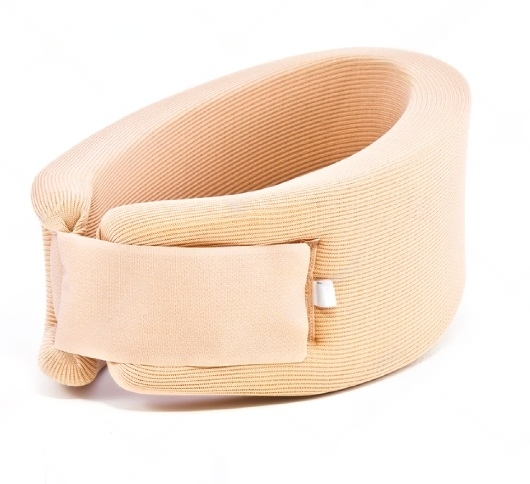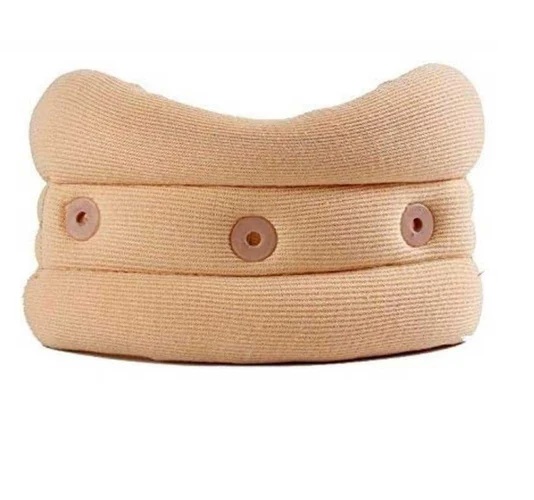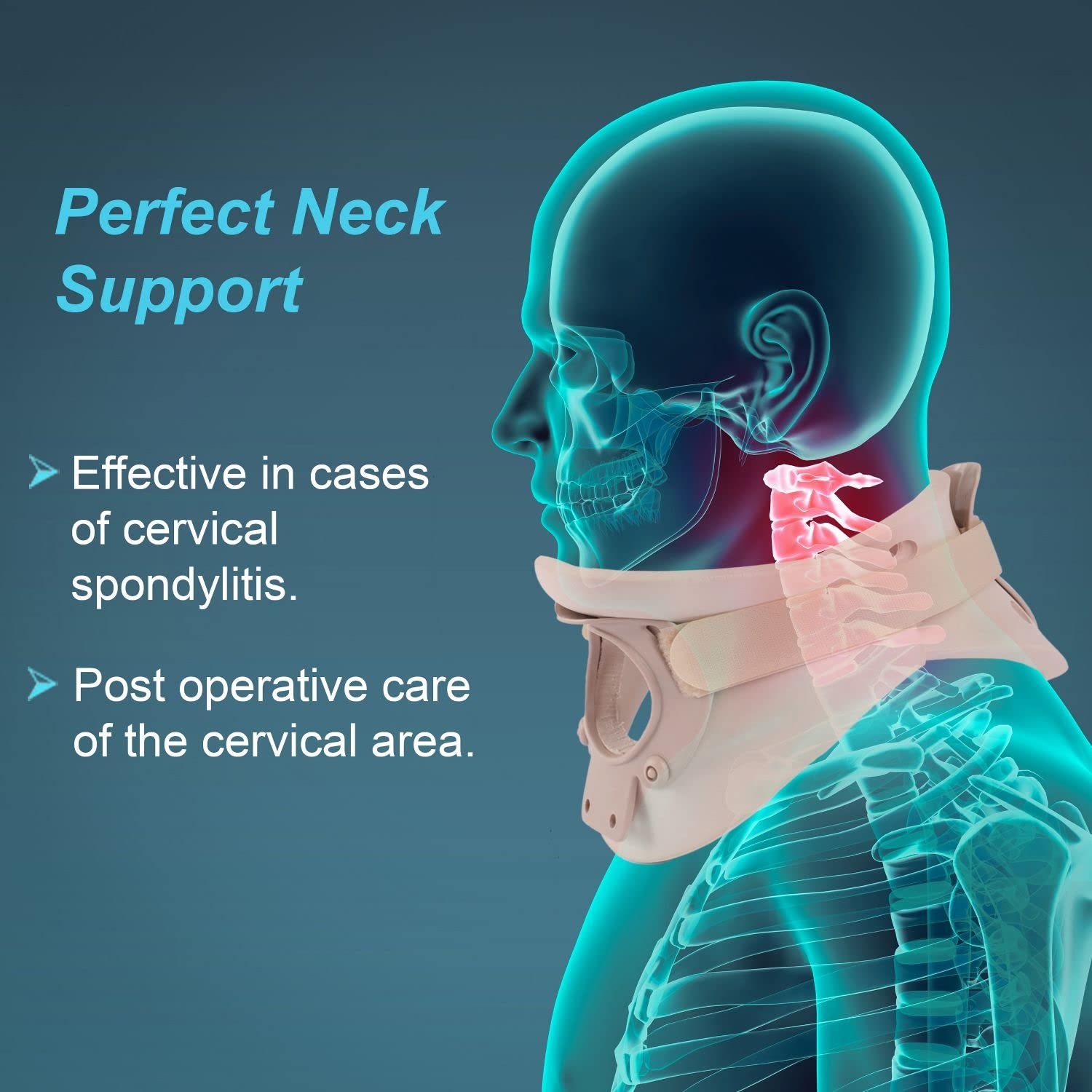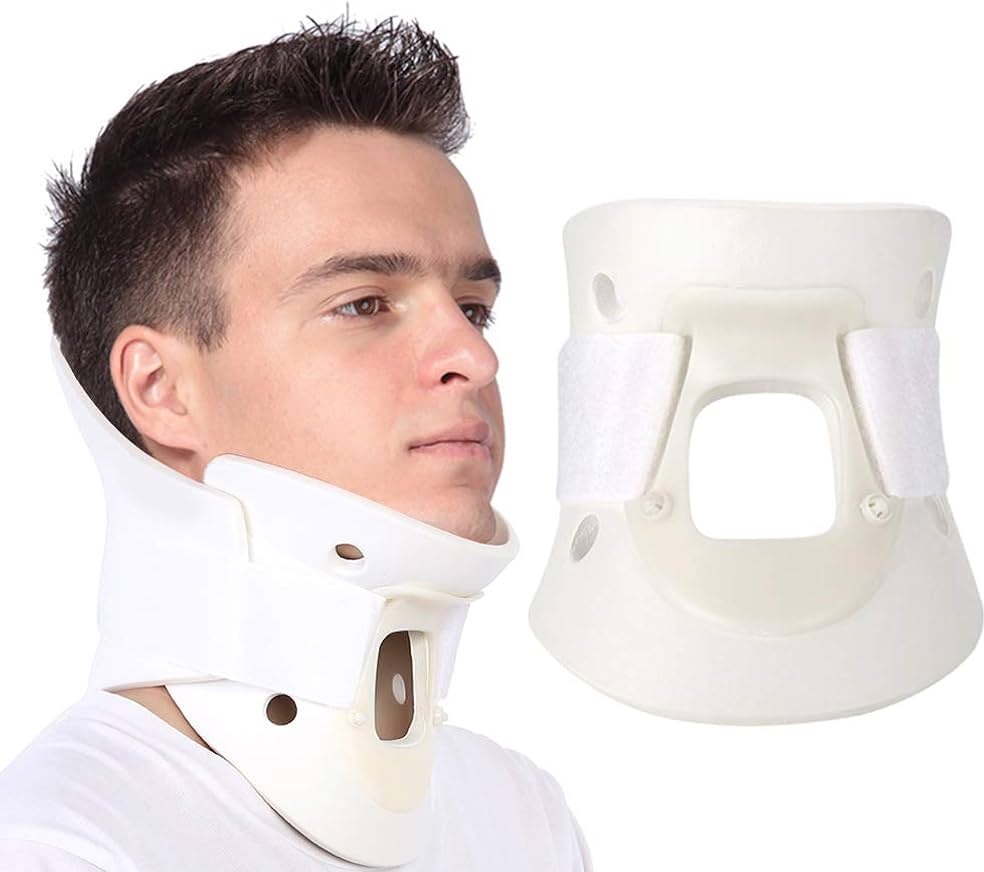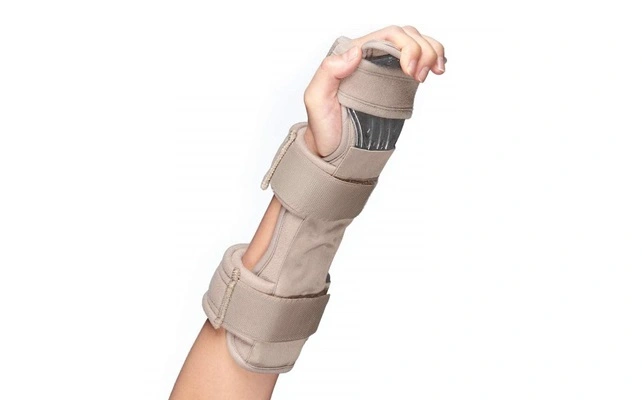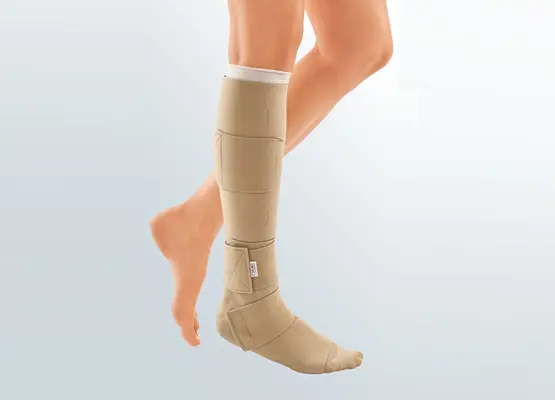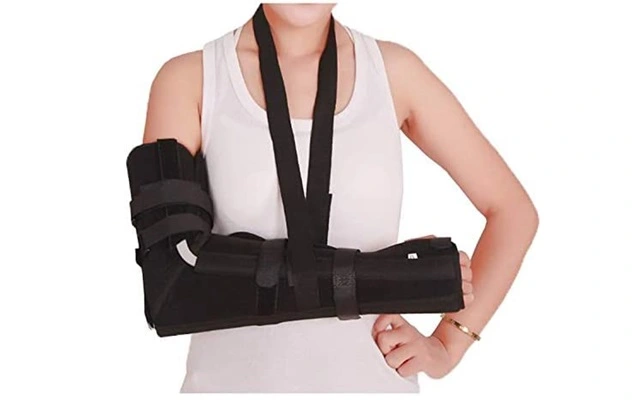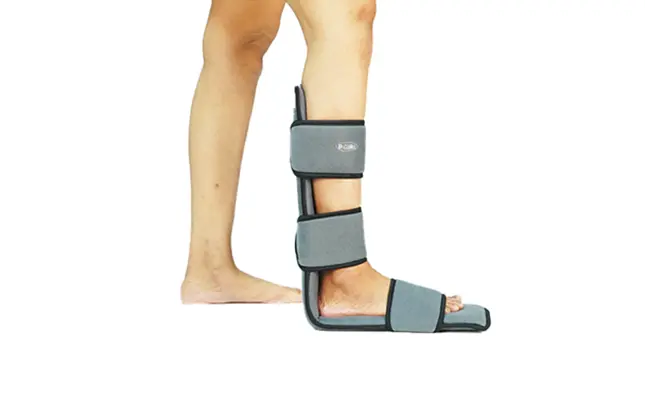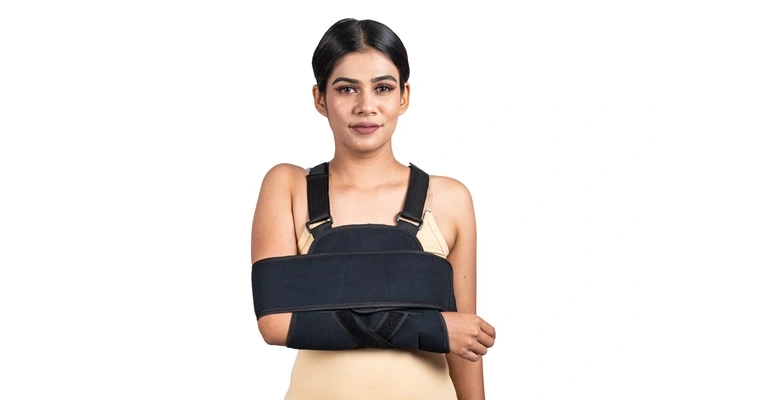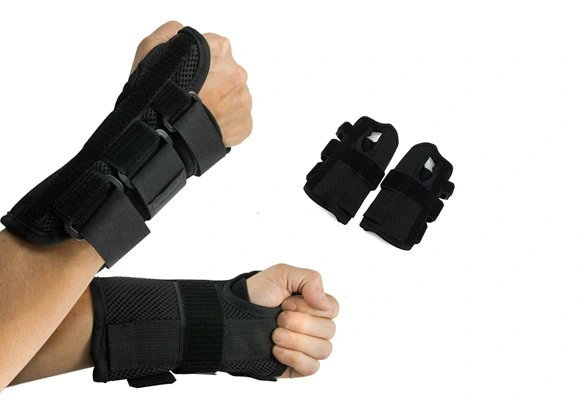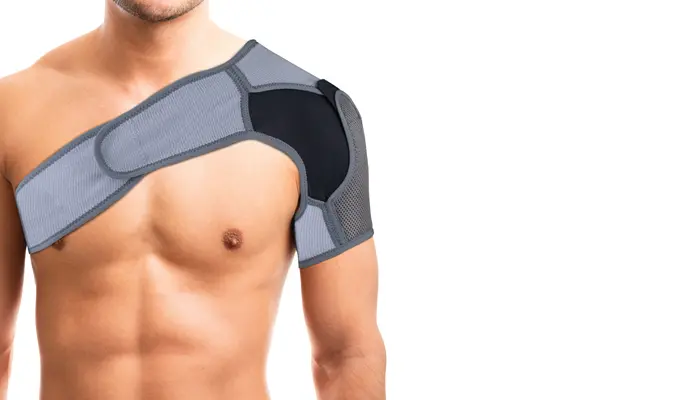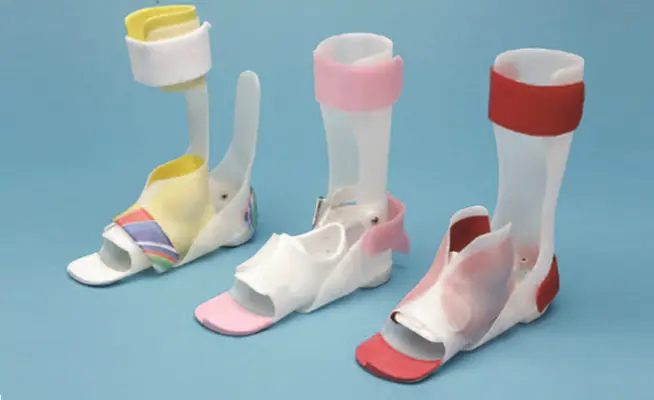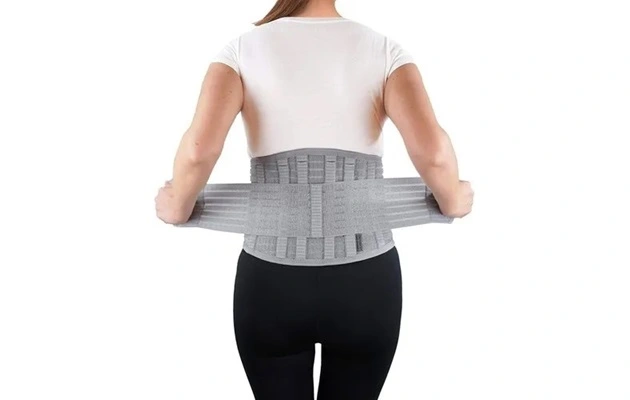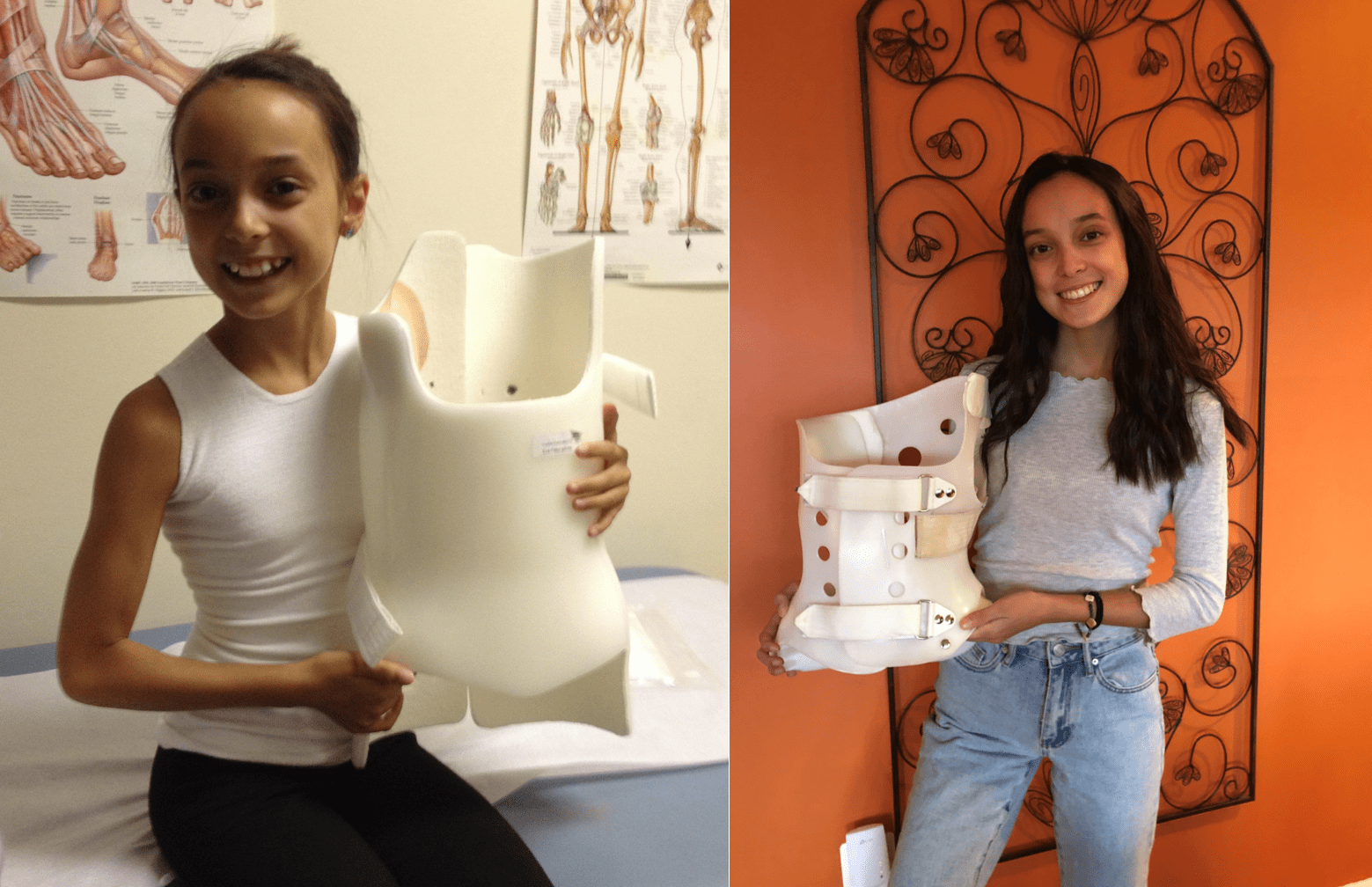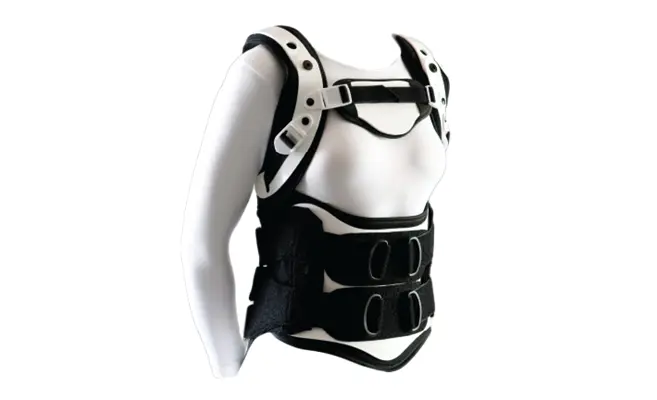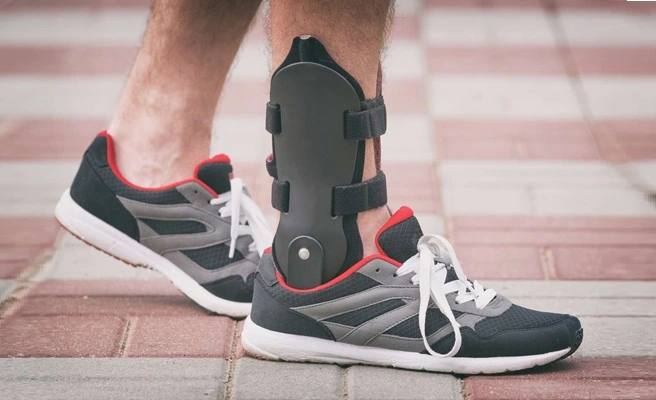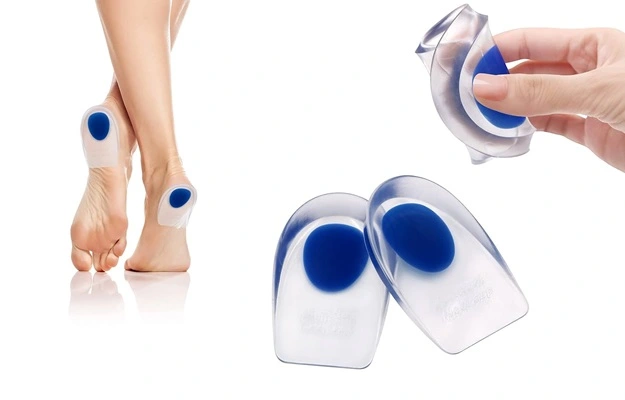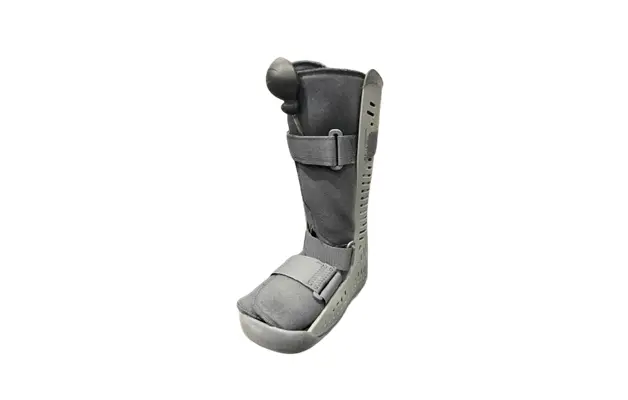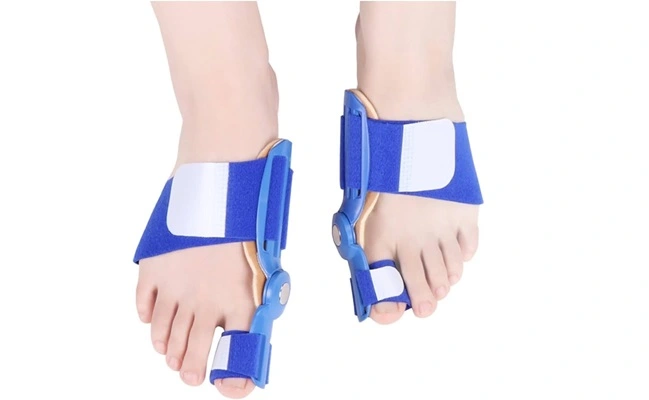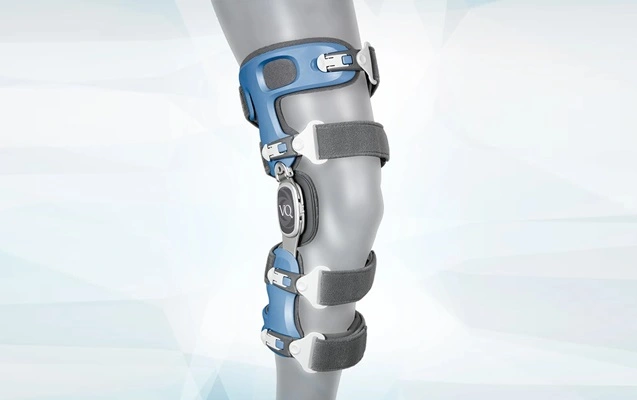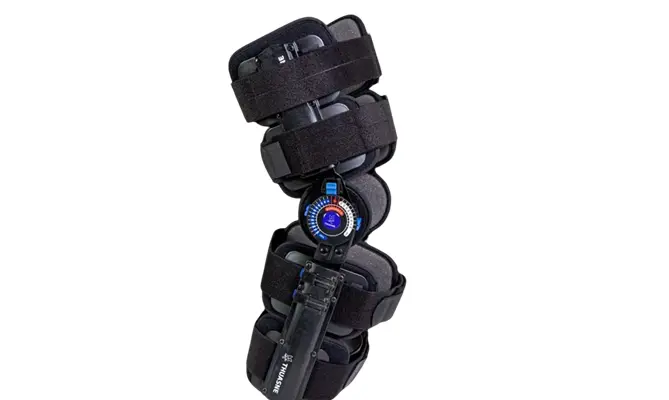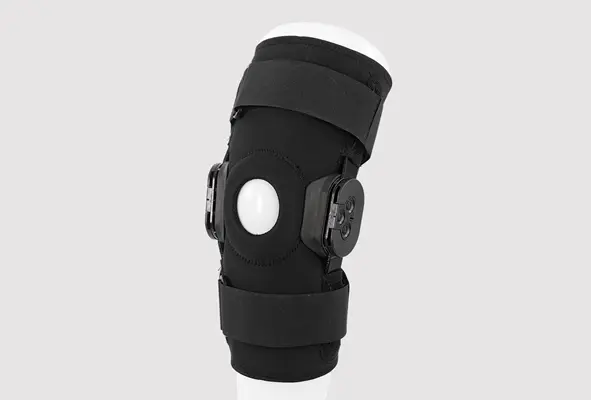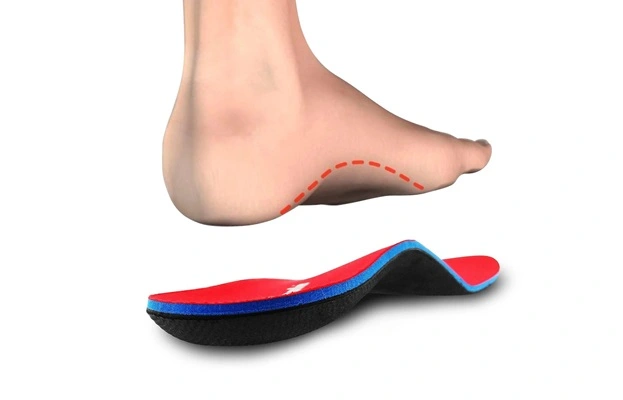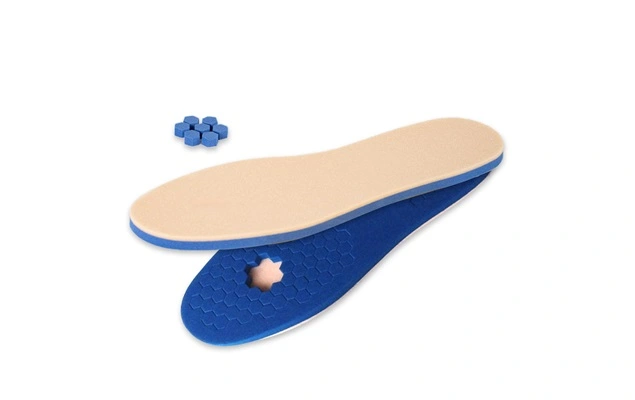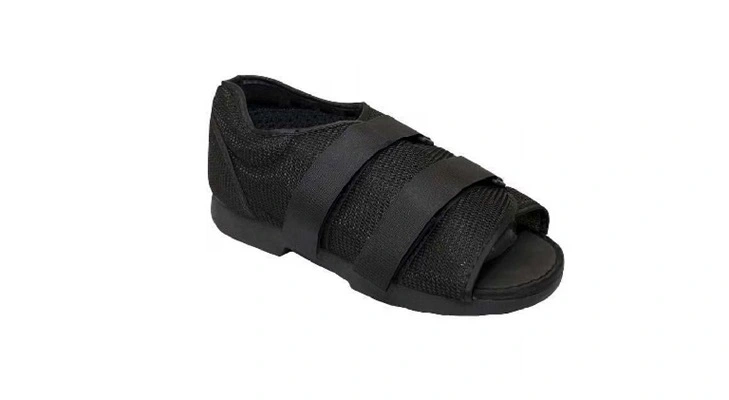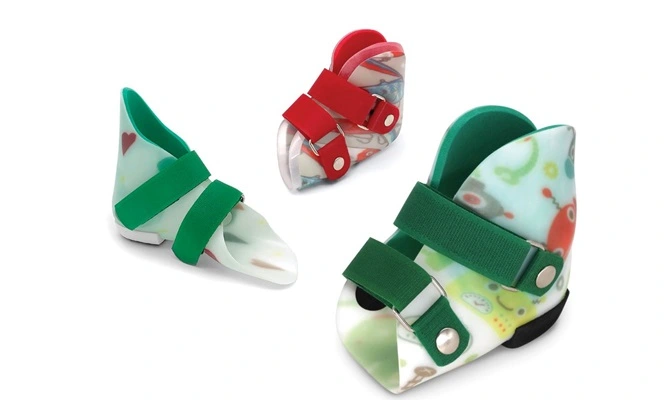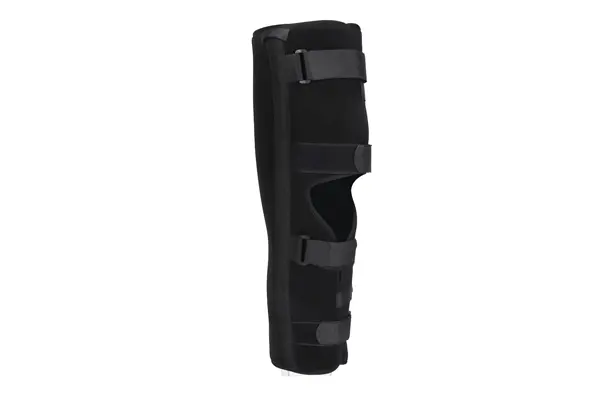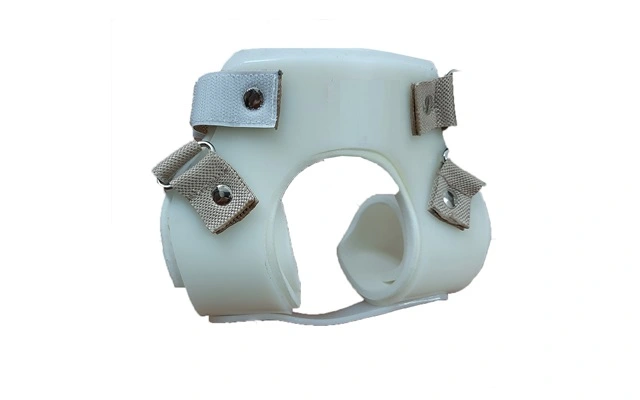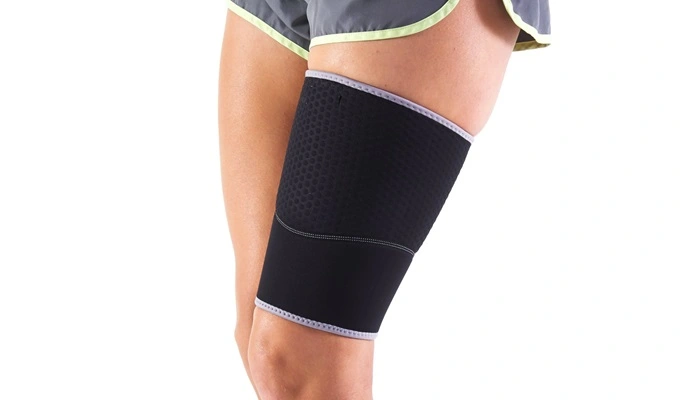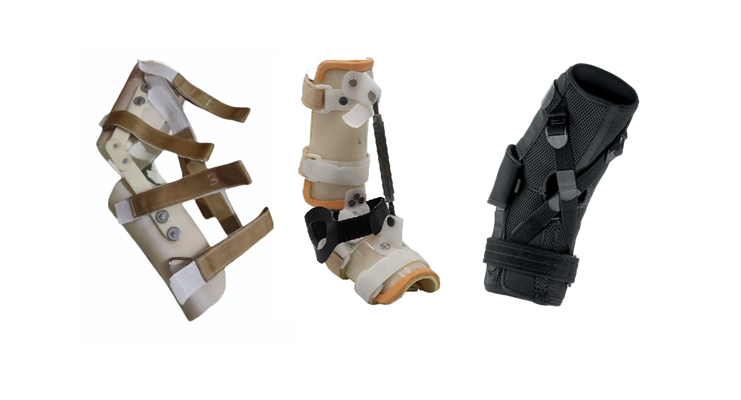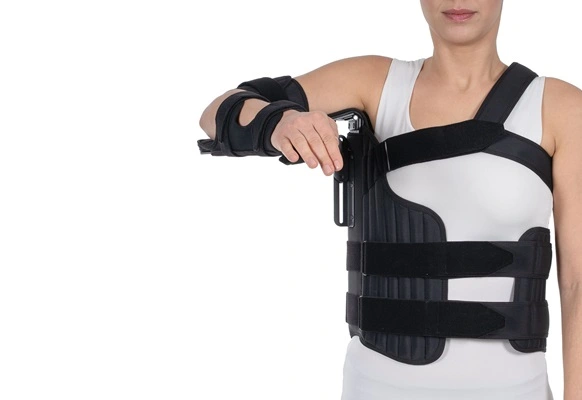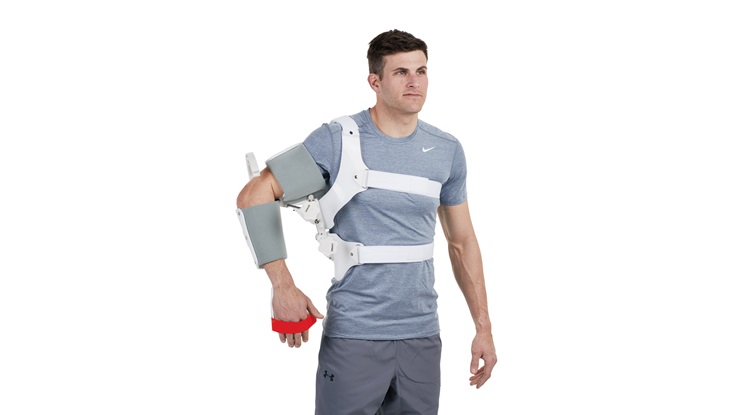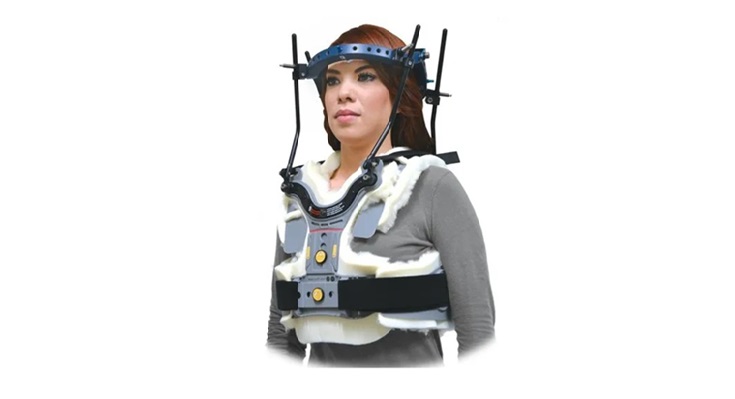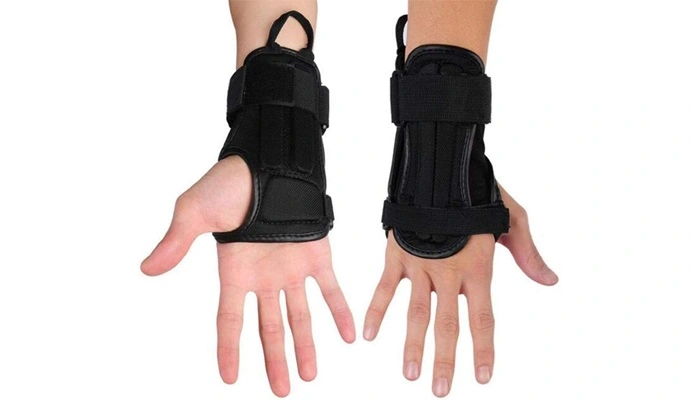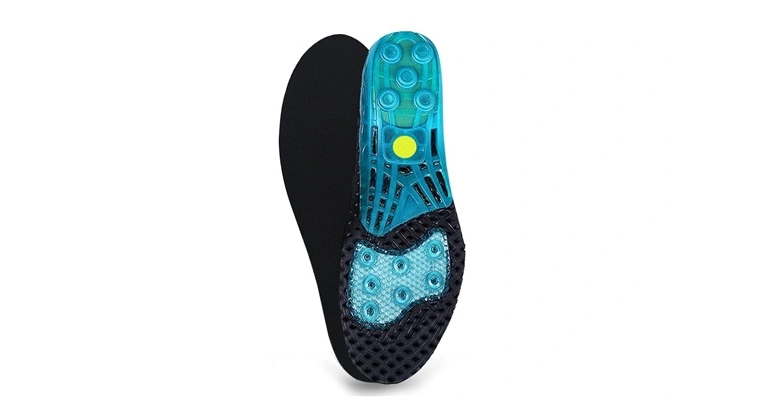- Home
- Solutions
- Orthotics
- Upper Limb Orthotics
- Cervical Collar (neck brace)
Cervical Collar (neck brace)
Cervical Collar (neck brace)
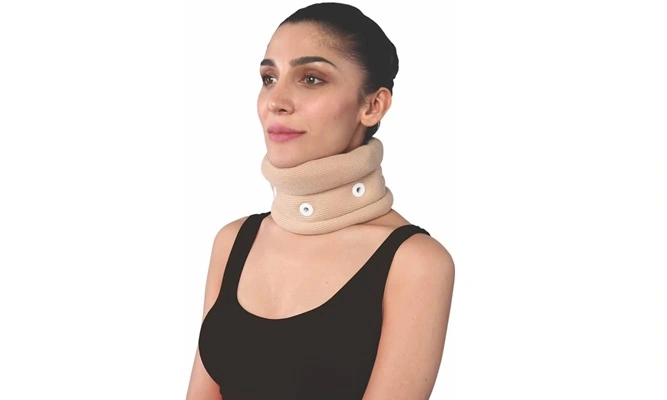
Cervical Collar for Upper Limb Orthotics: Everything You Need to Know
At MOBILITY Solution, we understand the importance of proper support and care for neck injuries and conditions. One of the most commonly used orthotic devices in such cases is the Cervical Collar. In this guide, we will walk you through what a cervical collar is, its benefits, uses, and how it helps in recovery.
What is a Cervical Collar?
A Cervical Collar, often referred to as a neck brace, is an orthotic device designed to support and immobilize the neck. It helps in stabilizing the cervical spine, reducing strain on the neck muscles, and aiding the recovery process after injury or surgery. This collar is part of upper limb orthotics and is typically prescribed for patients who have suffered a neck injury, undergone neck surgery, or are experiencing chronic neck pain.
Types of Cervical Collars
There are several types of cervical collars, depending on the severity of the condition:
- Soft Cervical Collar: Made from foam, this collar provides light support and is generally used for minor injuries or mild neck strain.
- Hard Cervical Collar: A more rigid option, used for serious injuries like fractures or post-surgery stabilization.
- Philadelphia Collar: This is a more advanced cervical collar with foam padding and plastic supports, offering better stabilization for spinal injuries.
When is a Cervical Collar Used?
The Cervical Collar is typically used in the following situations:
- Neck Strain and Sprain: For minor injuries where support is needed to allow the muscles and ligaments to heal.
- Whiplash: Often a result of car accidents, a cervical collar helps to immobilize the neck and minimize pain.
- Post-Surgery Recovery: After surgeries involving the cervical spine, a neck brace ensures the proper healing of the operated area.
- Cervical Spine Fractures: In more severe cases, a rigid cervical collar is necessary to stabilize the fractured bones and prevent further damage.
How Does a Cervical Collar Help?
A Cervical Collar limits the movement of the neck, providing the necessary support for the muscles and ligaments to heal properly. It reduces the strain on the neck, prevents further injury, and minimizes pain. The immobilization offered by a cervical collar also allows any swelling or inflammation to subside, promoting a faster and safer recovery.
Benefits of a Cervical Collar
- Immobilization: The primary benefit is limiting movement in the neck, which is crucial for healing after an injury or surgery.
- Pain Relief: By keeping the neck stable, the cervical collar helps reduce discomfort and muscle strain.
- Protection: It protects the cervical spine from further injury, particularly in cases of fractures or post-operative recovery.
- Comfort: Soft cervical collars are padded to provide comfort while still offering support to the neck.
How to Wear a Cervical Collar
Wearing a Cervical Collar correctly is essential for it to be effective. Here’s how to wear it properly:
- Proper Fit: Ensure the collar fits snugly but isn’t too tight. It should immobilize the neck while still allowing you to breathe comfortably.
- Positioning: The front part of the collar should rest under the chin, while the back part should support the lower part of the skull.
- Daily Care: You can remove the collar for cleaning and personal hygiene, but it should be worn as per your doctor’s recommendations to ensure effective healing.
Risks and Precautions of Cervical Collar
While cervical collars are generally safe, prolonged use without medical advice can weaken the neck muscles. It is essential to follow your doctor’s instructions regarding how long and when to wear the collar.
- Avoid Prolonged Use: Overuse of a cervical collar without medical supervision may lead to muscle weakness. Always consult your doctor about the appropriate duration for wearing the collar.
- Skin Irritation: Some patients may experience skin irritation or discomfort, especially with hard collars. Keeping the skin clean and dry helps prevent this.
A Cervical Collar plays a crucial role in the treatment of neck injuries and conditions. Whether it's for whiplash, post-surgery recovery, or a neck sprain, this orthotic device provides the necessary support and stability for effective healing. At MOBILITY Solution, we offer a range of cervical collars designed to meet individual needs, ensuring comfort, support, and faster recovery for our patients.
Enquiry Now
